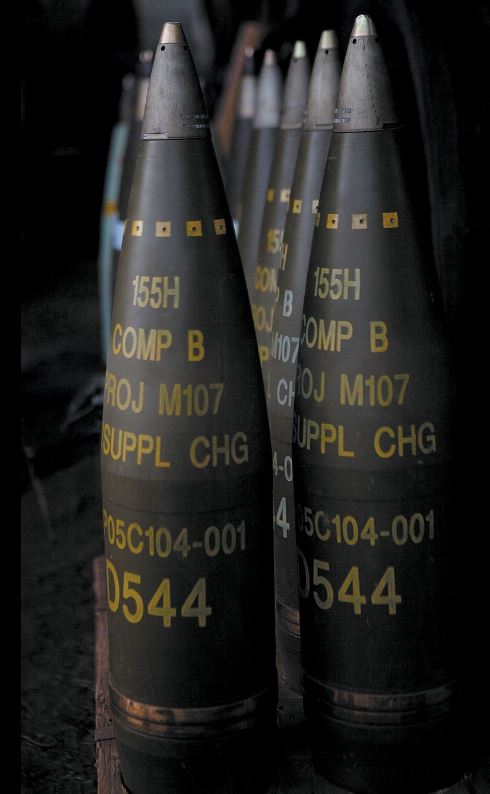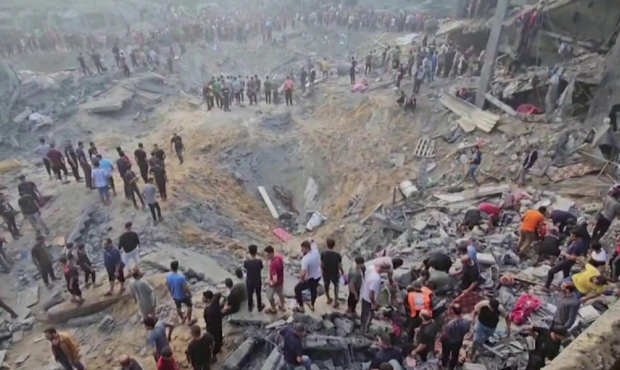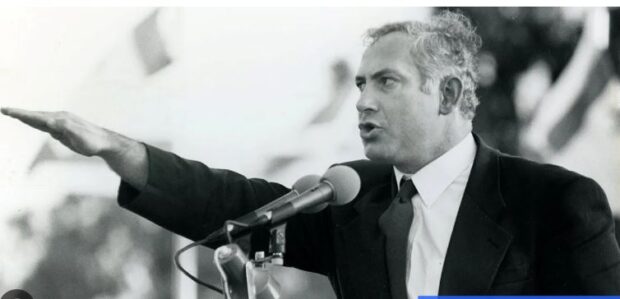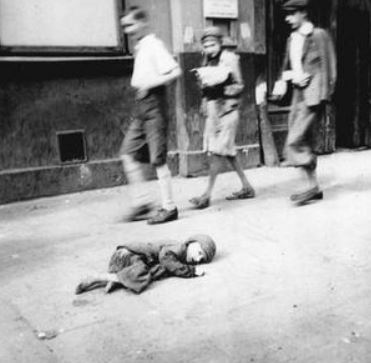The drug menace, and I don’t mean illegal drugs
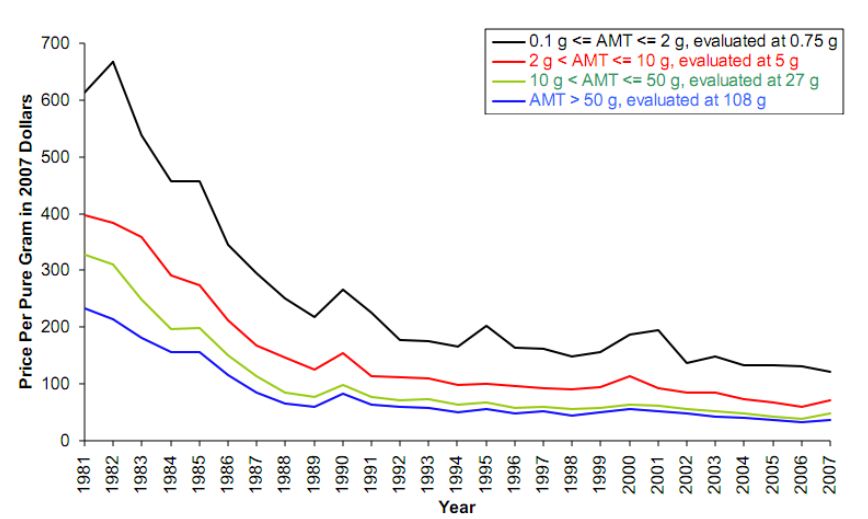
Have you wondered why you see so many prescription drug ads on TV? Do you wonder why our government gives subsidies totaling $192 million last year alone to the tobacco farmers to subsidize their tobacco growing… and yet spend millions more trying to get people to stop smoking? Have you wondered why, in spite of the “War on Drugs” it’s easier to buy illegal drugs than get a prescription from your doctor?
The answer: it’s all about money.
I read a recent report that 10 million people in the U.S. abuse prescription drugs and more than 3 million use cocaine. So over three times as many people are “using” prescription drugs than cocaine. So why aren’t getting prescription drugs more difficult?
It’s all about money. Lots of it.
Drug companies pay the TV networks news programs lots of money to show people smiling and dancing around in fields after taking prescription drugs. Why? So they’ll run to their doctors and demand the advertised prescription drugs. And the stupid, weak-minded doctors start writing prescriptions. If they didn’t, the advertising would dry up.
So why doesn’t our government, one that bans or heavily regulates alcohol and tobacco advertising, allow the drug companies to advertise prescription drugs? Money. The same source of money that also goes to a variety of PACs, and to support the reelection of our Washington politicians. Remember, these are prescription drugs, not over-the-counter so are expensive but covered under your medical insurance policies. The drug companies make a fortune, yet the drug addicts public pays a small fraction as insurance picks up the difference.
So the patient (customer) gets to dance around smiling in the fields; the drug company makes a fortune from the drugs and the incumbent politicians stay in power. Nice and neat.
So what separates the MDs from the drug pushers selling illicit drugs? White coats and nice offices.
The fix is simple. If I run again and am elected, I’ll propose a bill that will require MDs to submit a thirty page, handwritten (by them) rationale for them to prescribe that drug to the FDA, along with a computerized copy. I’m not talking medical journals, just the media that the public sees. Believe me, that kind of manual labor will solve the problem.
It will be gone in a flash.
I could write it so they risk losing their medical licenses unless they can justify why that particular drug advertised in the general media was the only one suitable. That would be too harsh. Manual time-intensive labor is the resolution.
It seems that the entire “War on Drugs” effort is a complete failure, and is designed not to stop the flow of drugs but just to keep the prices high. On one side, the cartels are making billions and employing hundreds of thousands of people to produce, ship and sell the drugs. On the other side, our government is spending billions and employing hundreds of thousands of people to stop production, block shipments and arrest those who sell the drugs.
According to the National Defense Intelligence College’s 2010 Drug Threat Assessment the price of cocaine per gram has increased dramatically from $99.24 in January 2007 to $174.03 in September 2009 while the purity has dropped from about 60% to less than 50%.
There’s a snag though. The DEA graphing data is skewed to produce the results they need. According to the DEA, “The STRIDE data is provided without regard to analytic value. External analysis of STRIDE data may not yield conclusions consistent with DEA’s own findings. Use of this data requires your agreement to refer to your analyses as “unvalidated DEA data and to claim authorship and responsibility for any inferences and/or conclusions you may draw from this information.” My interpretation is different from the unvalidated DEA data, especially when the DEA has this written disclaimer in its own notes.
Another report shows the costs and purity in this country, not globally, paints another picture and over a longer term. The trend says it all.
This picture is not a nice one for the “War on Drugs” so it’s unlikely that our government will release a graph showing how it failed. As you can see, it shows that cocaine prices have plunged over the years.
The “War on Drugs” is a finely tuned business, that cancels the other side out. I think that the real reason for continuing the fruitless “War on Drugs” is for governments to employ hundreds of thousands of people with very good job security, who play at stopping drugs and swagger around as the “good guys.” Yes, they confiscate drugs once in a while, but that’s the cost of doing business. Just a rounding error for the cartels who effectively work with law enforcement to keep prices as high as possible in a declining market.
Did we pay off the Afghan farmers for their poppies used to make opium and heroin, and hashish crops and then destroy the crops? No. Why not? Why did we let the Taliban buy and resell them before or after processing the crops into opium, and use the profits to buy explosives and ammunition to kill our troops? It’s institutional madness.
After forty years of the “War on Drugs,” the flow of drugs is at an all time high. They can’t stop the cartels filling the drug users needs for more and more drugs, but they can keep pretending to be winning. Yawn. The only thing they accomplish is to help out the prison industry that needs new prisoners (another growth industry) to keep expanding. That, and the price of drugs just goes up which fuels the robberies and so on.
Everyone’s happy, except for the innocent taxpayers murdered, robbed or injured paying for all this while the game continues. We have to rethink our drug laws. They are abject failures.
Just imagine if drugs were legal to use in your own home. Ignoring the social implications, the prices would plummet and the cartels would go out of business. How many people’s homes would be broken into, or people robbed and injured if drugs were cheap? None. How many stories have you read about people being robbed to buy aspirins?
Do you remember Prohibition, the 18th Amendment? It took 14 years until the laws banning alcohol were repealed. Why? Because people wanted to drink. They also want to take drugs, illicit or prescription. It doesn’t matter.
We need a national conversation about drugs, legal and illegal. If elected, I’ll start it if elected.
Editor’s note, On July 2, USA Today reported story that physicians prescribed 259 million opoid drugs in 2012, almost enough for a bottle of dangerous drugs supplied to every citizen of the U.S.! The wrote that in Hawaii, only 52 for every 100 citizens, the lowest rate for our 50 states. Alabama was the worst, 143 prescriptions for every 100 Alabama citizens. It’s a disgrace, and if I run and am elected, I will work to fix it.

